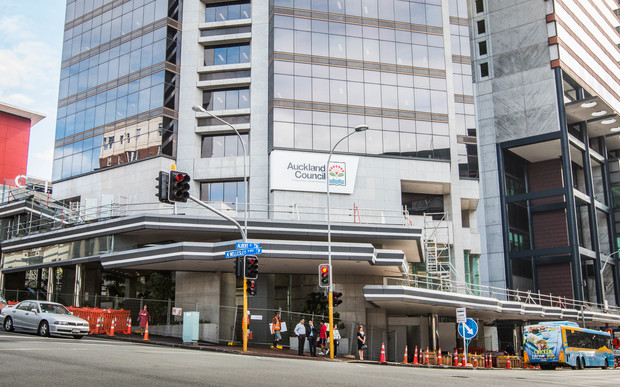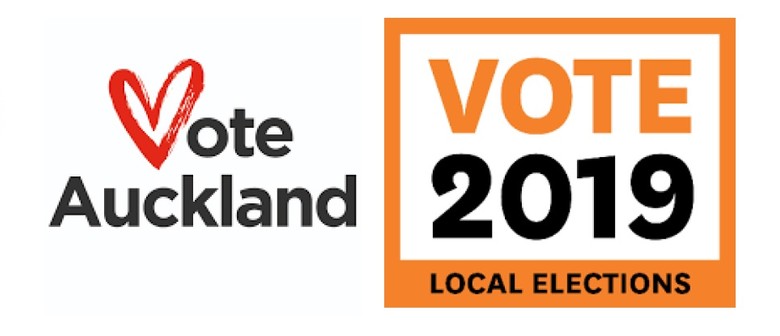By Jonathan de Jongh
With voting papers now out, the local elections offer important decisions regarding local government for the coming few years. Auckland is currently facing issues regarding transport, housing, the environment, and social policy. It is the Council’s role, along with its members and civil servants to implement strategies that help better the Auckland region its members, and all of the civil servants that help keep the city running.
A role heard about frequently which people often do not know about is the Mayor for Auckland Council. As Mayor of the largest and most populous city in New Zealand, the candidate elected in the coming weeks will have a large task ahead of them in every area of developing Auckland.
What exactly is the Mayor’s role on Council, and what powers do they have within local government? Whether you are voting in an Auckland ward, or for the local government of another region around New Zealand, it is important to understand the nature of the role and their purview once elected. Knowing what the mayor does day-to-day and what they can do for their constituency is important for electing a candidate who will represent, work for, and support the things you, as a voter, care about.
https://www.nzherald.co.nz/business/news/article.cfm?c_id=3&objectid=11681108
So what does the Mayor actually do? [i]
Auckland Council’s website lays out some of the responsibilities of the Mayor and their office. As the leader of the governing body of the Council, the Mayor promotes a vision for Auckland and provides leadership to achieve it, leads the development of Council plans, policies and budgets, and ensures effective engagement between the Council and citizens. The Mayor is also in charge of appointing the deputy mayor, establishing committees and appointing committee chairs. Considering the vast number of committees and their roles in transport, housing, social policy, and other areas, the role of Mayor in assigning overseers is an important one.
Importantly, the Mayor does not have total executive power to make formal Council decisions or veto any decision – this lies with all councilors or local boards for each area. Democracy still functions within the Council; as chair the Mayor may steer conversation in the direction of the policies they propose, but a majority vote is still required from the Council at large.
The Mayor is the figurehead of the city, and usually the region. Whether it be on a local, national or international stage, more often than not the Mayor will speak on behalf of the Council and Auckland in general. Having someone who is morally sound, ethical, approachable and a good representative is important for Auckland’s interests and relationships.
https://www.rnz.co.nz/news/regional/301278/cladding-clanger-council-to-fix-hq-problem
What keeps the Mayor accountable if they did something outrageous?
The Mayor has a reasonable amount of leeway to fill the position’s roles in the way they would like to, which makes sense because every Mayor has different priorities and goals. The Governance Manual for Auckland Council and statute that grant powers to the Mayor both keep legal and political checks on the Mayor.
As with any executive decision, it could be subject to judicial review – the court investigating whether a public official carried out their powers legally. Mayor Phil Goff, for instance, was taken to court for his decision to bar two foreign speakers from a council-owned venue last July. Goff cited safety concerns due to the controversy and aggression around the speakers’ message as the reason.[ii] In this case, Goff will be taken to court where they will decide whether or not he was acting within his powers.
The Mayor can be removed from office for committing a serious offence, is absent without leave for four consecutive meetings, or may choose to resign for public or personal reasons. The Council cannot remove the Mayor from office for any reasons besides those laid out in statute, which could be a good or bad thing. The Local Government Act 2002 sets out more information on the role and what can keep the Mayor accountable in certain situations.[iii]
What guarantee is there that they’ll even fulfill their promises and plans?
Unfortunately, there is no real guarantee. As with national government, the best mechanism for ensuring elected representatives put their policies into action is to write to them, pressure them, and threaten them with the promise of a vote for another person at the next election. The Mayor can formulate any plans and policies, but all decisions must go through the entire Council of 21 members before it can be carried out, so some policies the Mayor promises are still at the discretion of the Council’s views as a whole. The best solution to this is also voting for councilors who share your ideas and want to enact policies in line with the Mayor you elect.
Auckland Council releases progress updates on their biggest areas of development . Smaller councils may not have the time and resources to do this, but you can always talk to local council staff or councilors or visit their websites for information on local issues. Making sure the Council is transparent and frequent with their progress is critical for keeping local government accountable.
The majority of council, local board, advisory panel, and other meetings are open to public, and Auckland Council’s website details when and where those meetings are. . Other regional councils are generally happy to provide such details on their websites or over the phone.
What should I take away from this article when I cast my vote these local elections?
The Mayor is a figurehead, but also an important official in local government. They chair the Council, represent their region, can make informed decisions on important issues, and can formulate and create policies and plans for the city. However, all of this is still at the discretion of the Council.
Research and attending Meet the Candidate events are great methods for getting to know those who are running, what they care about, how good they are with people, and whether they will represent you as a ratepayer. Cast your votes for the Mayor AND councilors you would like to see represent your ward for the next three years, with the policies and issues you care about.
https://www.eventfinda.co.nz/2019/meet-auckland-mayoral-candidates/auckland/epsom
For more information, visit your local Council website, or www.localcouncils.govt.nz.
[i] https://governance.aucklandcouncil.govt.nz/4-the-mayor-of-auckland/role-and-functions/
[ii] https://www.stuff.co.nz/national/crime/115426589/auckland-council-mayor-phil-goff-taken-to-court-for-barring-rightwing-canadian-speakers
[iii] http://www.localcouncils.govt.nz/lgip.nsf/wpg_URL/About-Local-Government-Local-Government-In-New-Zealand-Councillors-and-Mayors
Featured Image Credit: https://www.hotcity.co.nz/news/news-story/licensee-business-forum
The Public Policy Club is a non-partisan club at the University of Auckland that aims to encourage, educate and involve students from all backgrounds in the education and development of political knowledge. The views and opinions expressed in this article are those of the author and do not necessarily reflect those of PPC.


/arc-anglerfish-syd-prod-nzme.s3.amazonaws.com/public/AGHD4PDD3JE2TPQGRBILWU5HNI.jpg)




